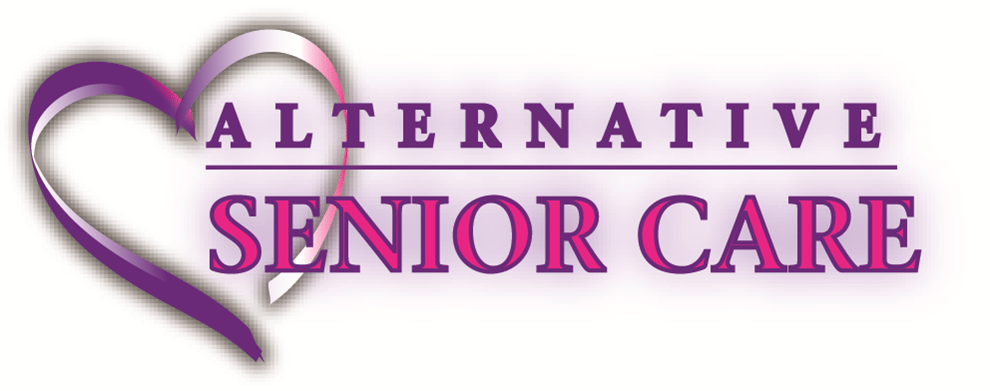7 Tips for Communicating with a Person with Alzheimer’s Disease

Elderly Care in Glenwood MN: 7 Tips for Communicating with a Person with Alzheimer’s Disease
For a person with Alzheimer’s disease, communication becomes increasingly difficult as the disease progresses. At first, the person may just struggle to find a word when they are talking, or they might have difficulty resuming a conversation if something interrupts. However, as the disease worsens, family caregivers and elderly care providers will find it harder and harder to communicate with the person. Though communication may always be a challenge, there are ways to make it a little easier on both elderly care providers and the Alzheimer’s patient. Here are seven tips for communicating with a person with Alzheimer’s disease.
#1 Be Positive
Before you even begin communicating, make sure you approach the conversation with a positive attitude. Use a pleasant tone of voice and body language that conveys a relaxed manner. Your facial expression, tone, and body language are all things the senior can pick up on and will influence how the conversation goes.
#2 Don’t Rush
Communicating with someone who has Alzheimer’s can be an exercise in patience. Because they have trouble finding the right words, they often need extra time to express themselves. Allow them time to find the right words. In the early stages, it’s common for people to forget the names for things. It’s okay for you to fill in the word if you know what they are talking about. If you’re not sure, ask them to point to the object.
#3 Pay Attention to Body Language
Remember that even when someone with Alzheimer’s is having trouble speaking clearly, their body language can still say a lot. Pay attention to what visual cues are telling you. You may be able to tell how the person is feeling by the way they stand, hold their arms, or by the look on their face. Sometimes how they are feeling is more important than what they are saying.
#4 Ask Simple Questions
People with Alzheimer’s usually have difficulty answering open-ended questions. Simple yes or no questions or questions that give a choice between two things are easier to answer.
#5 Just Go with It
Sometimes people with Alzheimer’s make things up. Disagreeing with them or arguing about the made-up story isn’t likely to produce any positive results. Arguing with the person will only increase agitation. Instead, just go with it and accept the story or explanation. Conversely, it’s also acceptable for elderly care providers to tell a fib in order to get an Alzheimer’s patient to cooperate. For example, if the person isn’t likely to want to get into the car to go to the doctor’s office, it’s okay to say you are going out for ice cream, but make the ice cream stop after the appointment.
#6 Break Down Tasks
Following instructions can be hard, so break tasks down into simple steps. For example, rather than telling the person to “get dressed” tell them to “put on the shirt” and then “put on the pants.”
#7 Use Distraction and Humor
It’s not uncommon for a person with Alzheimer’s to tell the same story or ask the same question over and over. Redirecting the conversation by asking for help or changing the subject can help. When
things get particularly rough, fall back on a sense of humor. People with Alzheimer’s usually keep their social skills and enjoy a joke or a good laugh as much as anyone else.
Sources
https://www.caregiver.org/communication-dementia
Tips, Coping Mechanisms and Skills for Alzheimer’s / Dementia Caregivers
If you or an aging loved-one are considering in-home elderly care in Glenwood, MN, please contact the caring staff at Alternative Senior Care today. Providing Home Care in Central Minnesota and Surrounding Communities. Call us Today (320) 352-3350.
Related posts:
- Stroke Prevention and Warning Signs - April 17, 2024
- If You’re Starting to Plan Your Next Vacation, but Caring for an Aging Parent Is Complicating Things, Senior Home Care Is the Solution - April 3, 2024
- In-Home Care Essentials: What Families Need to Know for Compassionate Elderly Care - March 20, 2024

